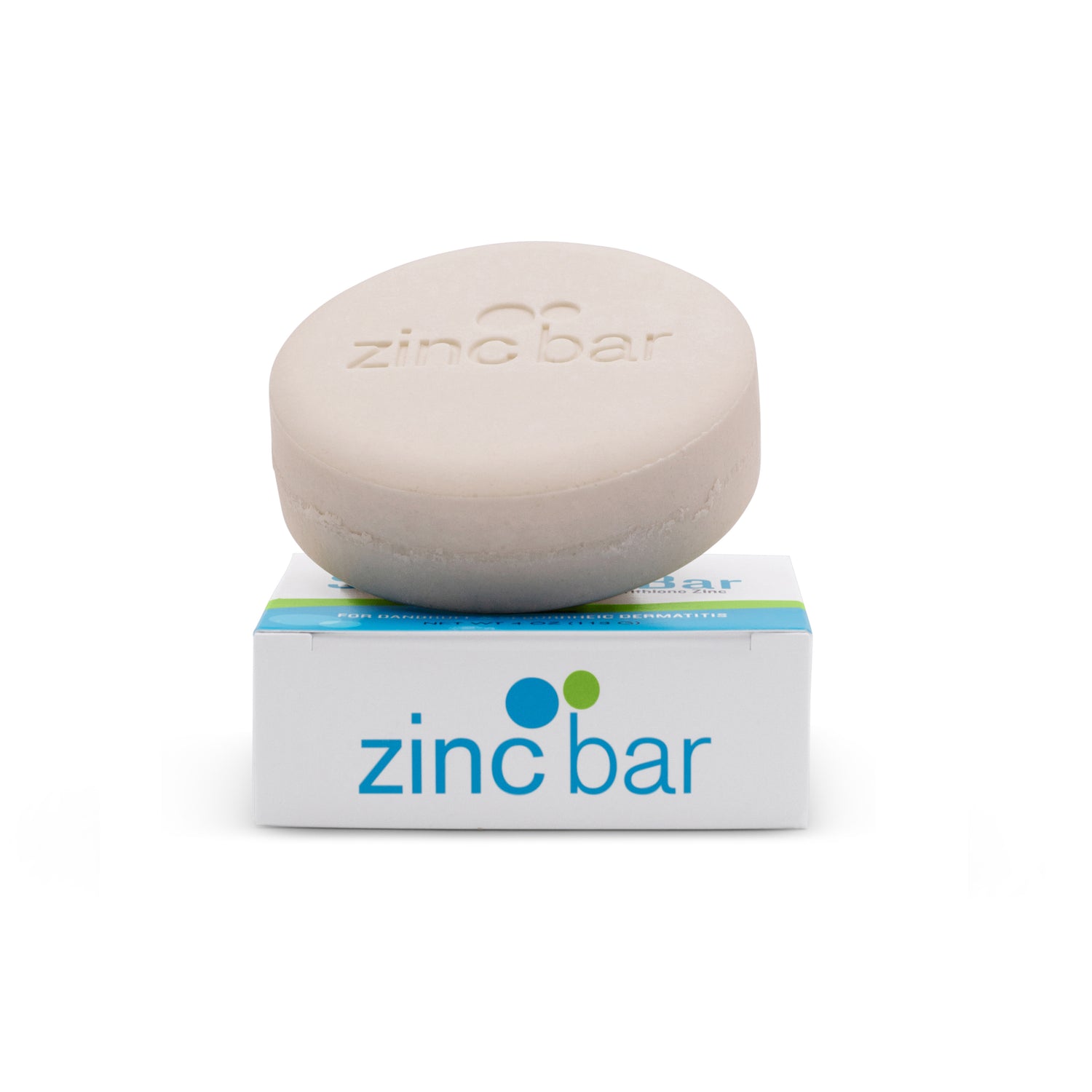Docosahexaenoic acid (DHA)
Docosahexaenoic acid, also know as DHA, is a member of the omega-3 fatty acid family. It is necessary for the growth and development of the brain. It is also essential for a healthy heart and eyes.
DHA deficiency has been associated with many health problems. These include ADD, ADHD, cystic fibrosis, unipolar depression, aggression, phenylketonuria, and Alzheimer's disease. Researchers also believe DHA deficiency may be linked to coronary heart disease and auto-immune inflammatory disorders.
DHA is an omega-3 fatty acid. And, like many other fatty acids, it can be found in fish, such as salmon, herring, tuna, cod, trout, shrimp and mackerel.
Benefits of DHA*
- Promotes heart health
- Improves lipid profile through lowering triglycerides and increasing low-density lipoproteins (LDL's)
- Essential for normal functioning and development of the brain and nervous system
- Supports eye health
- Supports health of the immune system
Recommended intakes of EPA and DHA have not been established by the FDA. Many nutritionists suggest we consume a minimum of two portions of oily fish per week (e.g., salmon). Supporting this notion, the AHA (American Heart Association) also recommends two servings of fish per week to support cardiovascular health. Two 4-ounce servings of salmon contain roughly 3.0 total grams of EPA and DHA (or 6.0 g per week).
The prevailing need seems to be in the range of 0.5–2.0 g per day (500–2000 mg), depending on the individual. Since there appears to be some evidence that psoriasis and essential fatty acids may be linked, we suggest 2.0 g per day.
As omega-3 fatty acids can decrease coagulation properties in the blood, they should only be used in consultation with a physician by individuals prone to bruising easily, those with a bleeding disorder, or anyone taking blood-thinning medications, and should be discontinued prior to surgery according to your surgeon's recommendations. Always consult a physician before starting a supplement regime.
Primary qualities in choosing a DHA supplement include freshness and purity. Adverse effects such as fishy aftertaste, fishy burps, and nausea can typically be averted by using with enteric-coated versions.
* These statements have not been evaluated by the Food and Drug Administration.

